After undergoing groundbreaking gene therapy at UK’s Addenbrooke’s Hospital in Cambridge at the age of eleven months, a baby girl born deaf can now hear unaided for the first time. Here’s what we know about the trial read more
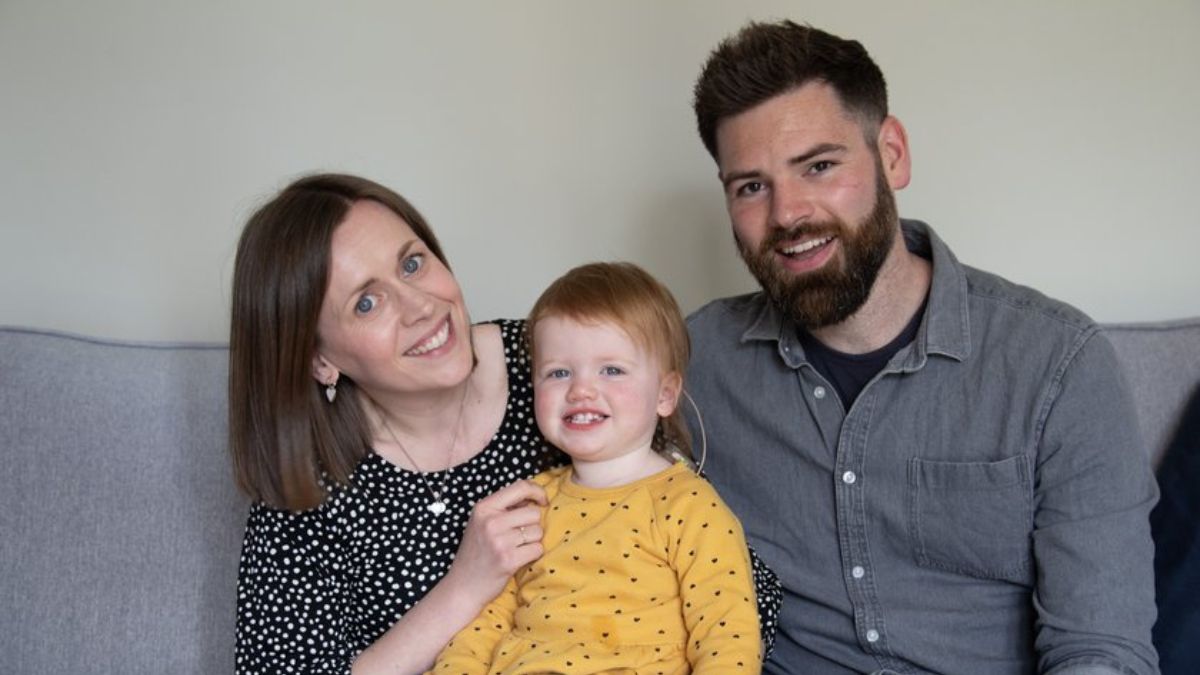)
Opal Sandy (centre) from Oxfordshire, UK with her mother and father Jo and James Sandy. NHS
Opal Sandy, now an 18-month-old toddler from Oxfordshire, England, has become the first patient to undergo a groundbreaking gene therapy trial for auditory neuropathy, a rare genetic condition causing deafness. Opal’s journey from complete deafness to responding to her parents’ voices and uttering her first words has captured global attention.
Opal was born deaf due to a fault in the OTOF gene, which disrupts nerve impulses essential for transmitting sounds to the brain. She became the first participant in the CHORD trial, a global initiative aiming to explore the efficacy of gene therapy in restoring hearing for children with auditory neuropathy.
Expressing her joy, Opal’s mother Jo Sandy said, “When Opal could first hear us clapping unaided it was mind-blowing - we were so happy when the clinical team confirmed at 24 weeks that her hearing was also picking up softer sounds and speech. The phrase ‘near normal’ hearing was used and everyone was so excited such amazing results had been achieved.”
— Cambridge University Hospitals NHS (@CUH_NHS) May 9, 2024What does the treatment comprise?
Administered at Addenbrooke’s Hospital in Cambridge, the trial involved infusing Opal’s right ear with a harmless virus carrying a functional copy of the OTOF gene, reported the NHS website.
“These results are spectacular and better than I expected. Gene therapy has been the future in otology and audiology for many years and I’m so excited that it is now finally here. This is hopefully the start of a new era for gene therapies for the inner ear and many types of hearing loss,” said Professor Manohar Bance, an ear surgeon at Cambridge University Hospitals NHS Foundation Trust and chief investigator of the trial.
Opal is the first patient globally to receive the therapy and is “the youngest globally that’s been done to date as far as we know”, Bance said.
Also Read: World’s first patient begins sickle cell gene therapy treatment: What is it?
Bance added, “We have a short time frame to intervene because of the rapid pace of brain development at this age. Delays in the diagnosis can also cause confusion for families as the many reasons for delayed speech and late intervention can impact a children’s development.”
In the initial phase of the study, participants are administered a minimal dosage targeted at one ear. Subsequently, in the second phase, a higher dosage is anticipated for unilateral gene therapy, contingent upon the established safety of the initial dosage.
The third phase will evaluate the efficacy of gene therapy in both ears, with the dosage determined based on safety and effectiveness assessments from the preceding phases. Follow-up appointments spanning five years will monitor patients’ progress in adapting to speech comprehension over the long term.
The treatment showed promising results
Within weeks of the gene therapy infusion, Opal began responding to sounds, even with her cochlear implant switched off. Continuous improvement was observed in her hearing, culminating in near-normal hearing levels for soft sounds within 24 weeks post-treatment.
Opal’s parents, Jo and James Sandy, expressed their elation at witnessing her newfound ability to engage with the world of sound.
“It was our ultimate goal for Opal to hear all the speech sounds. It’s already making a difference to our day-to-day lives, like at bath-time or swimming, when Opal can’t wear her cochlear implant. We feel so proud to have contributed to such pivotal findings, which will hopefully help other children like Opal and their families in the future,” said Opal’s father James Sandy.
What does this trial mean for the future?
The success of Opal’s treatment heralds a new era in the management of genetic hearing disorders. Professor Bance emphasised the potential of gene therapy as an alternative to conventional treatments like cochlear implants, particularly for conditions linked to specific genetic mutations.
Opal’s 24-week results, alongside other scientific data from the CHORD trial are being presented at the American Society of Gene and Cell Therapy (ASGC) in Baltimore, USA this week, reported UK’s NHS.
Also Read: 5-month-old in UK suffers cardiac arrest: How common is this heart ailment in children?
Dr Richard Brown, Consultant Paediatrician said, “The development of genomic medicine and alternative treatments is vital for patients worldwide, and increasingly offers hope to children with previously incurable disorders."
As the CHORD trial progresses, researchers anticipate further insights into the long-term effectiveness and safety of gene therapy for auditory neuropathy. With ongoing enrollment in the US, UK, and Spain, the study aims to explore escalating doses of gene therapy and its potential application in bilateral treatment.
The establishment of genomic centres of excellence, as envisioned in the forthcoming Cambridge Children’s Hospital, underscores the commitment to advancing precision medicine on a global scale.
Martin McLean from UK’s National Deaf Children’s Society said, “This trial will teach us more about the effectiveness of gene therapy in those cases where deafness has a specific genetic cause."
Also Read: Should you be burping your babies?

 4 months ago
23
4 months ago
23

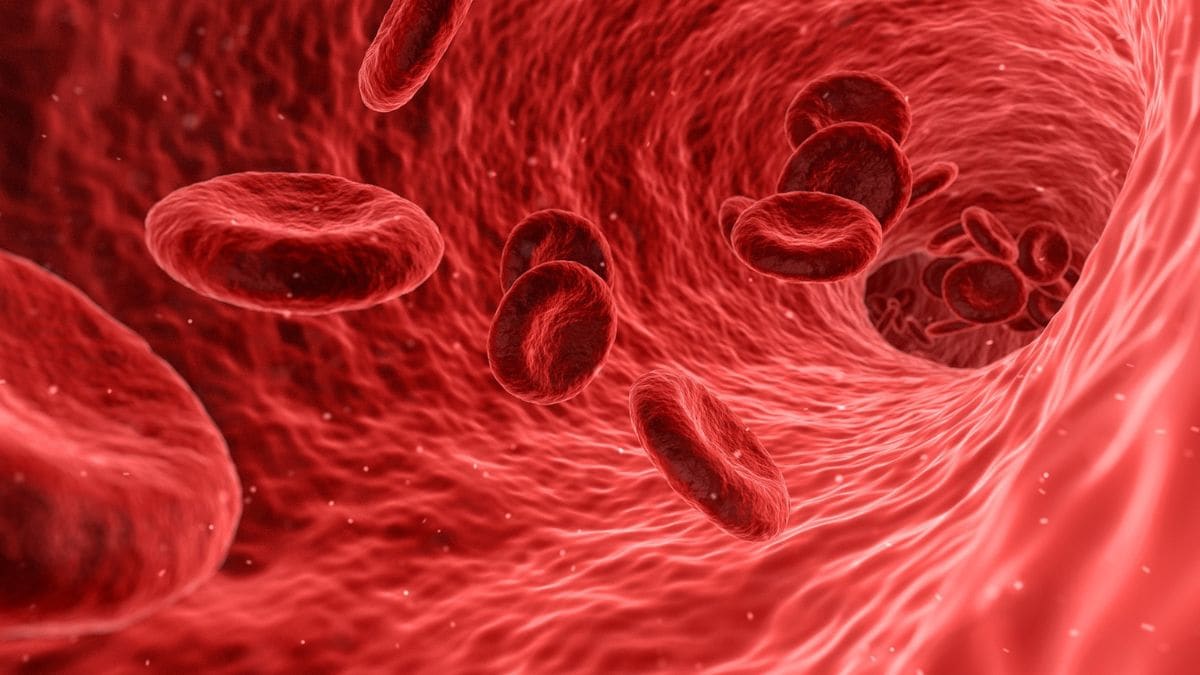

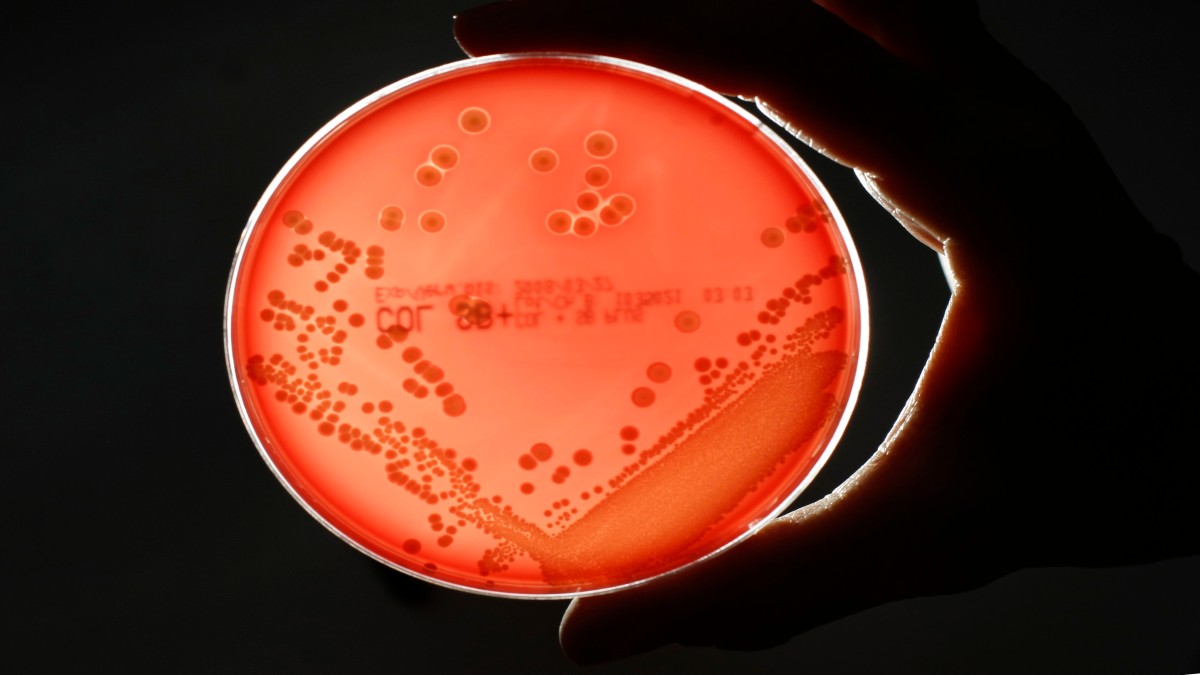



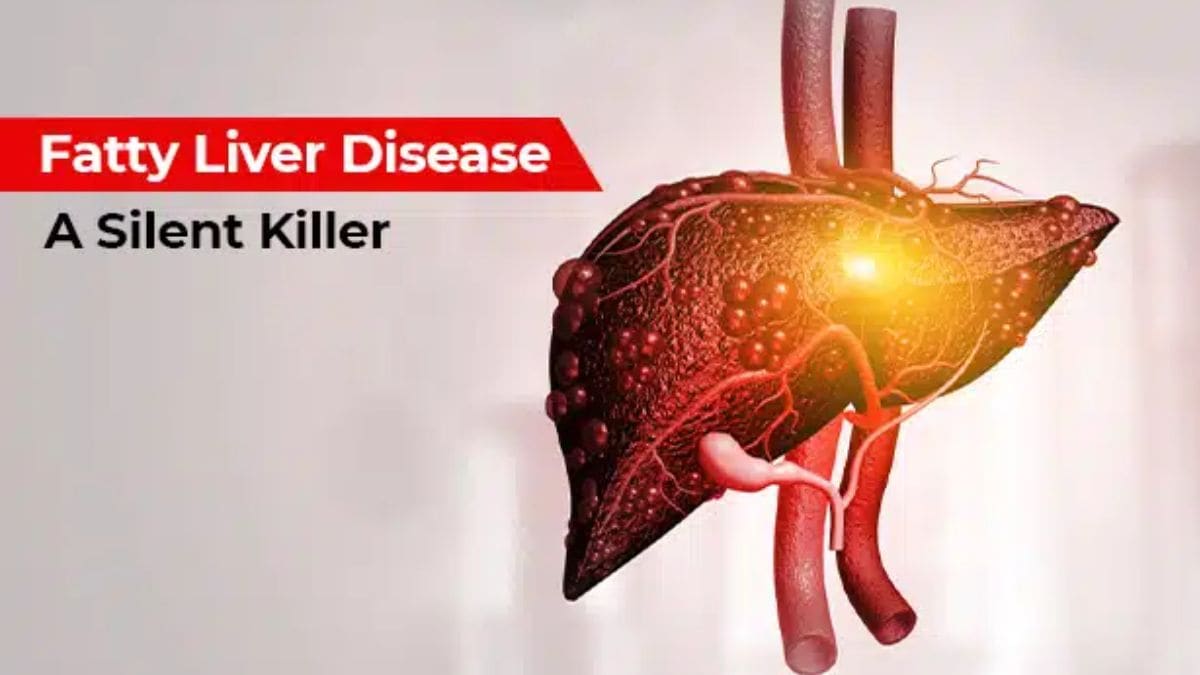

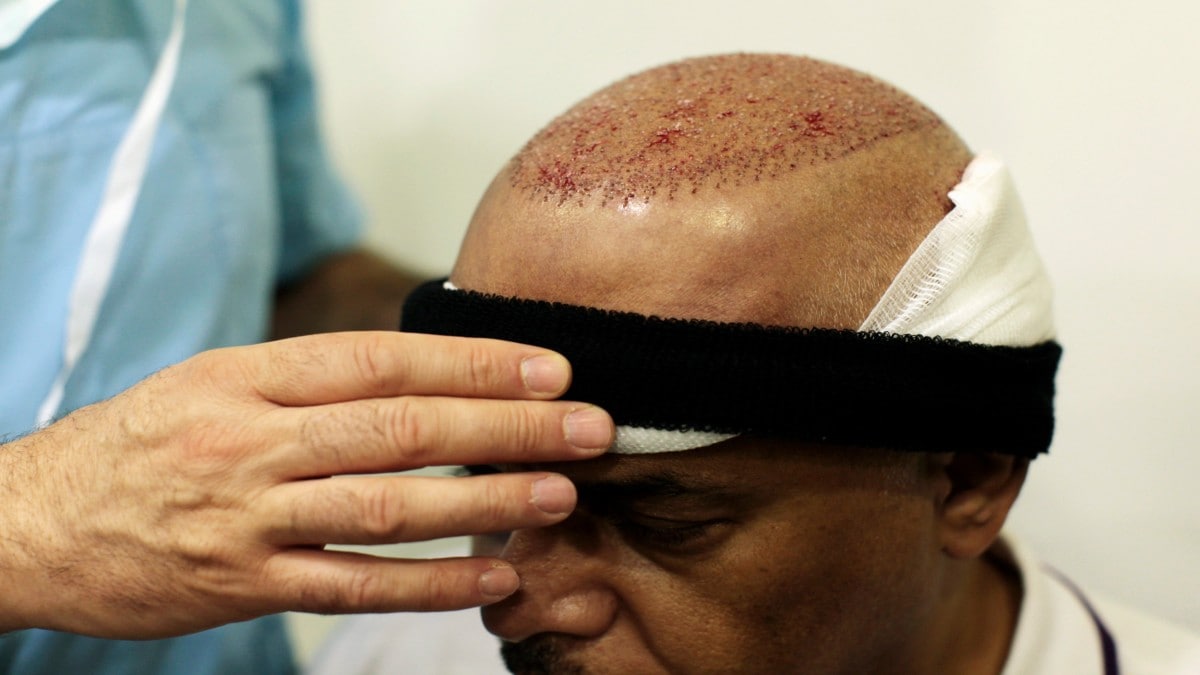

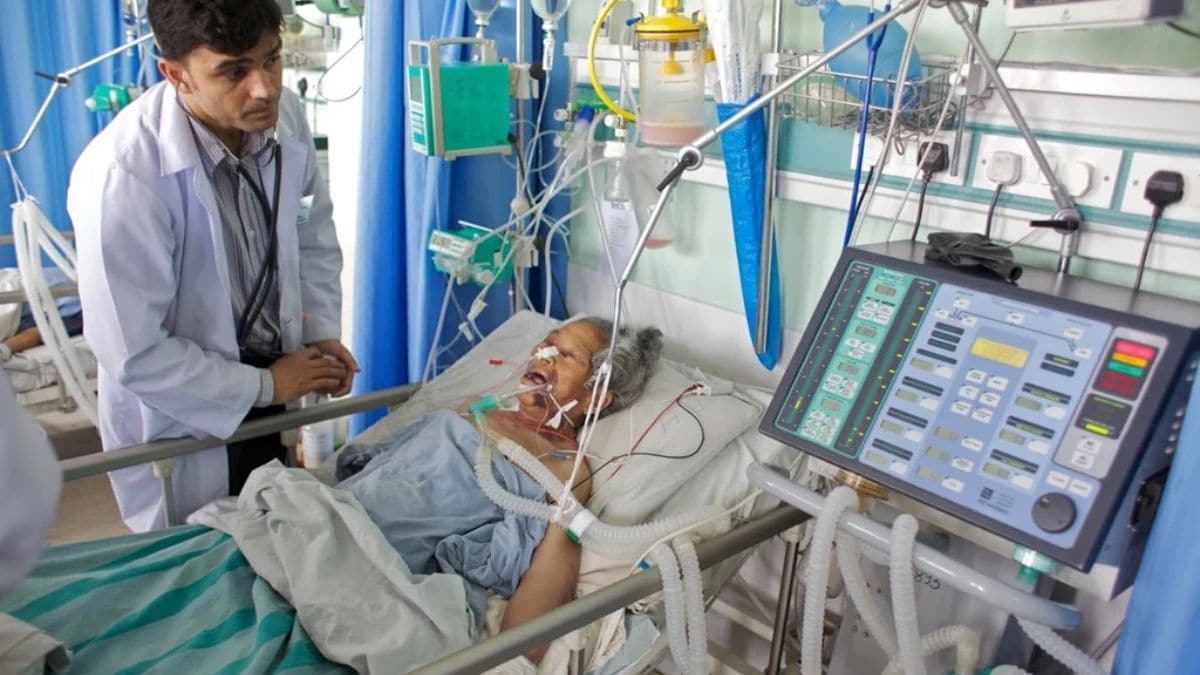
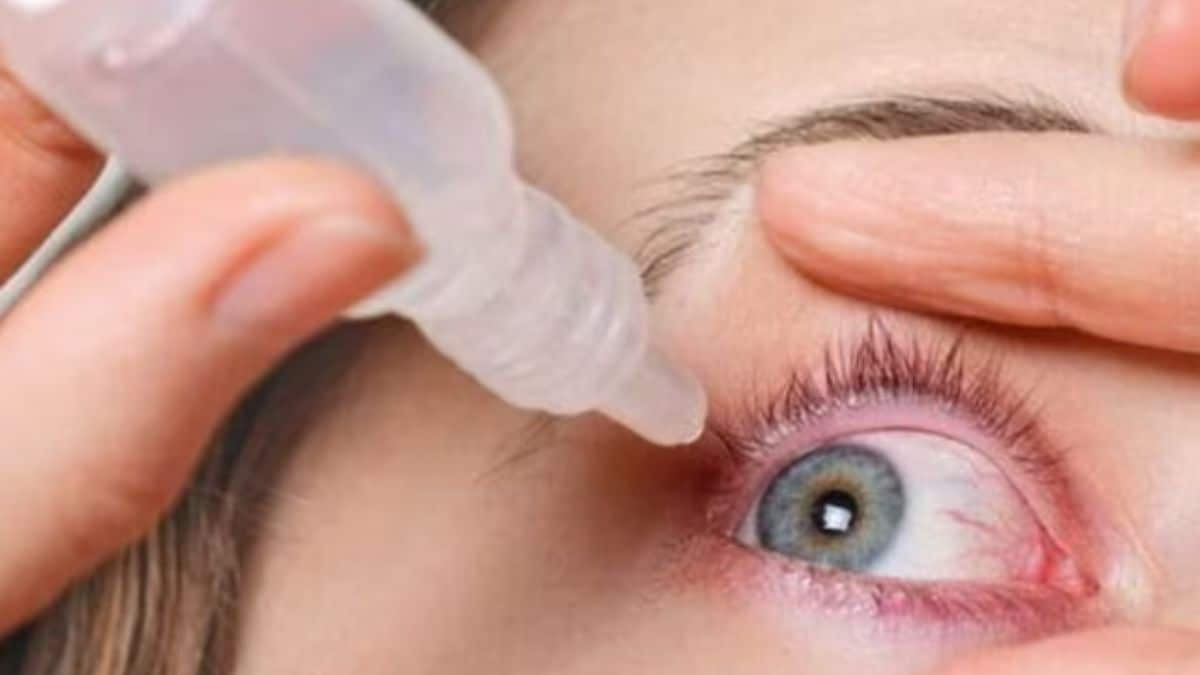
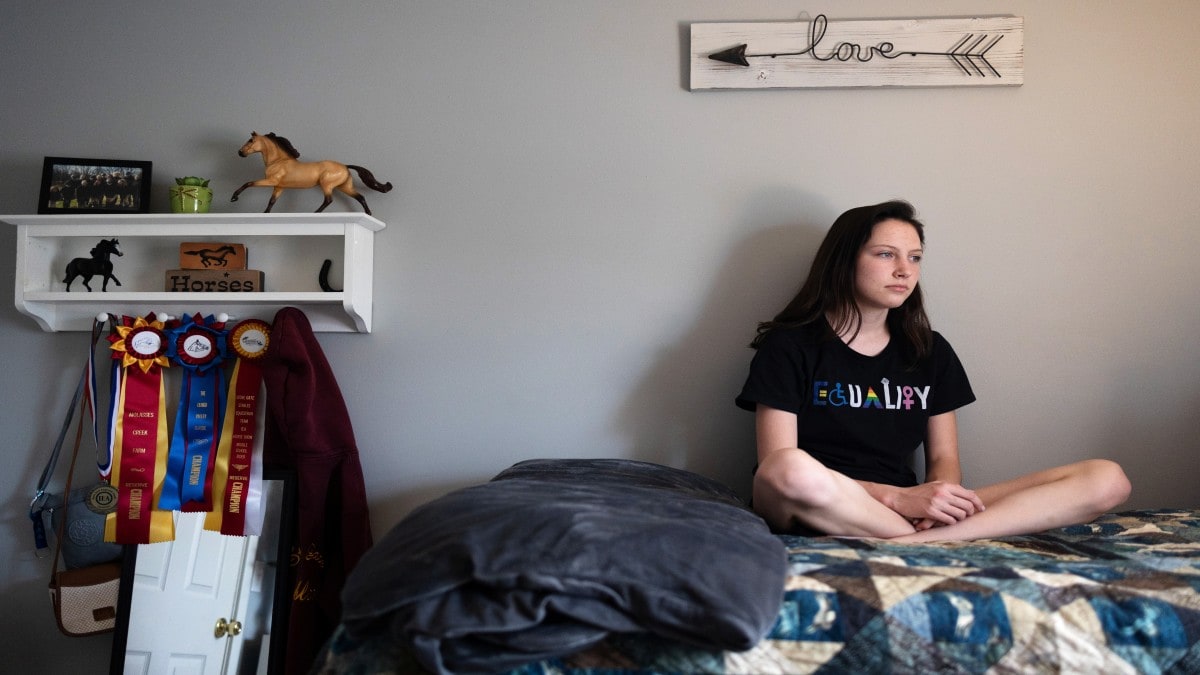

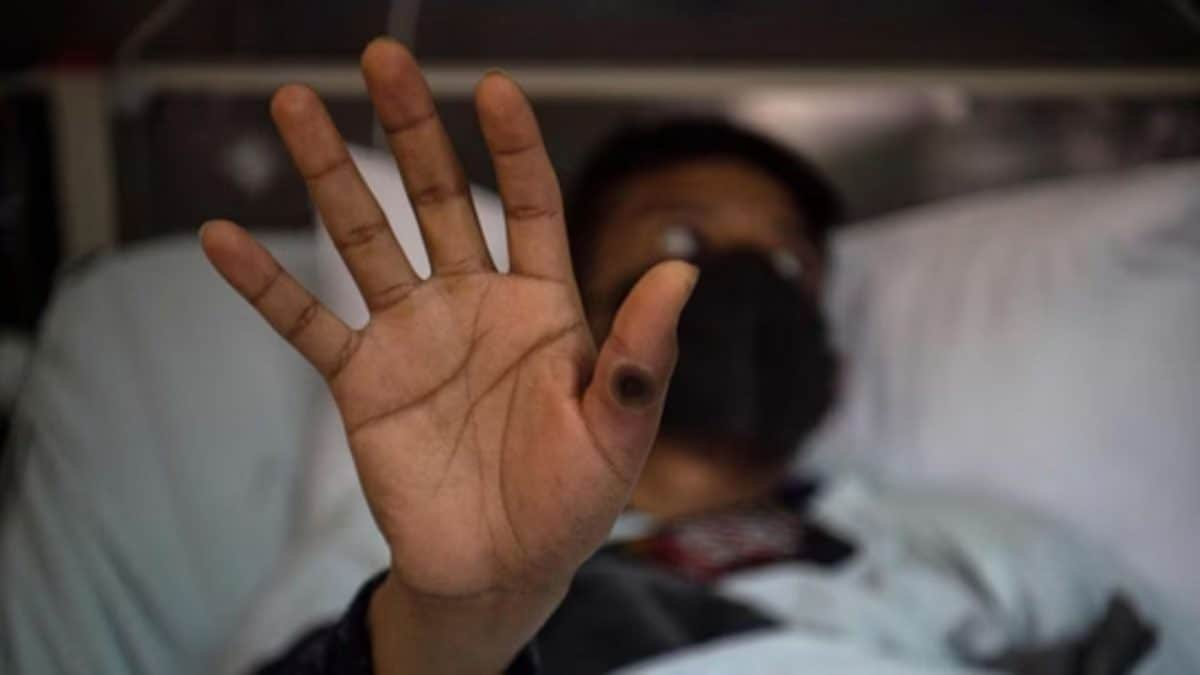
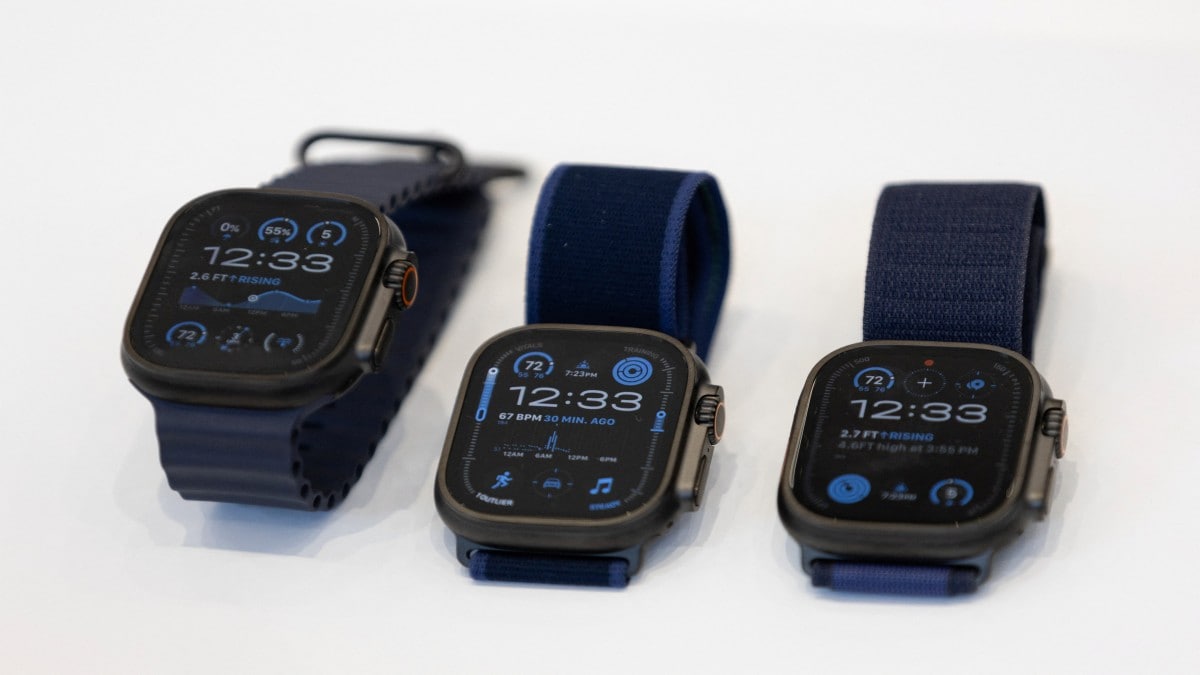

)
)
)
)
)
)
)
 English (US) ·
English (US) ·